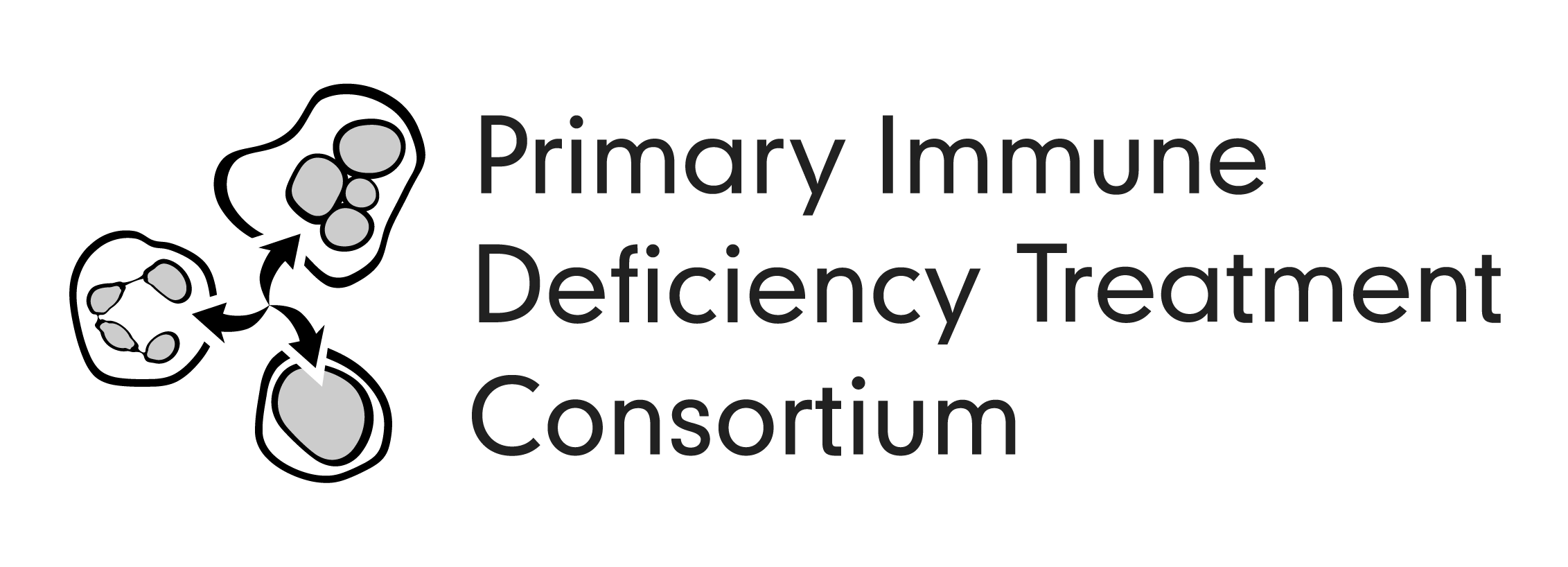Diseases Studied
The Rare Diseases Clinical Research Network is an NIH-funded research network of 20 active consortia or research groups working to advance treatment for diseases that are rare. Use the search tools on this page to find the diseases we currently study. You can reach out to the indicated consortia or research groups for more information on those diseases and studies underway.
This network focuses on clinical research and does not generally support clinical care outside of research activities. To learn about other rare diseases, please visit the Genetic and Rare Diseases Information Center (GARD), which is an NIH program that helps the public find reliable information about rare and genetic diseases. Their staff are specialists. Contact them at 1-888-205-2311 or email GARDinfo@nih.gov.
All Diseases > Chronic granulomatous disease
Chronic granulomatous disease (CGD)
Disease Category: Primary Immune Deficiency Disorders
An inherited disorder characterized by a weakened immune system that cannot properly protect the body from viruses, fungi, or bacteria. This results in recurrent, persistent, sometimes life-threatening infections. Common symptoms include pneumonia, granulomas (small areas of tissue inflammation) especially in the gastrointestinal and genitourinary tracts, diarrhea, abscesses (pus-filled pockets), and infections of the liver, lymph nodes, and skin.
Research groups studying this disease
Primary Immune Deficiency Disorders

Primary Immune Deficiency Treatment Consortium (PIDTC)
Recruiting
6908: Analysis of Autoinflammation in Chronic Granulomatous Disease Patients Undergoing
Hematopoietic Cell Transplantation or Gene Therapy
Chronic Granulomatous Disease (CGD) is an inherited condition characterized by a defect of specific white blood cells called neutrophils. Neutrophils are important for the killing of bacterial and fungal infections. In CGD, the neutrophils are unable to make the hydrogen peroxide needed to kill bacteria and fungi. Patient with CGD are, therefore, highly susceptible to infections from certain bacterial and fungal organisms. Patients with CGD have normal immunity to other microbes, including viruses. As a result, patients with CGD have normal immunity against common infections like the common cold or stomach flu (the majority of which are caused by viruses). Children with CGD are usually healthy at birth; however, they typically develop serious bacterial and fungal infections in early childhood that are difficult to treat. Patients may have severe or frequent infections.
Immune Deficiency Foundation
Improves the diagnosis, treatment, and quality of life of people affected by primary immunodeficiency.
Jeffrey Modell Foundation
Works to improve treatment, diagnosis, and find a cure for primary immunodeficiency through research, education, support, advocacy, awareness, and newborn screening.
CGD Association of America
Advocates for patients and carriers with chronic granulomatous disease (CGD).
